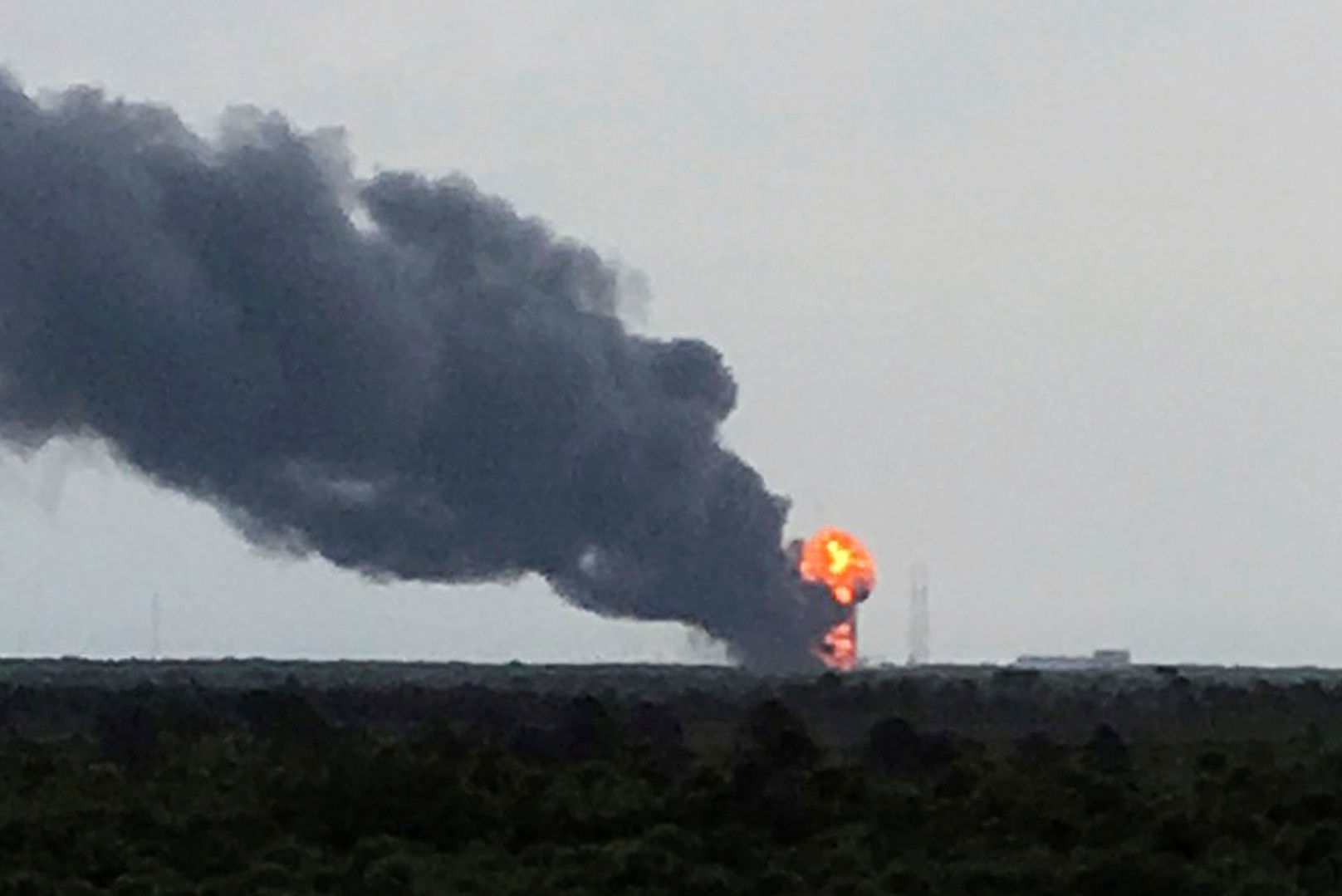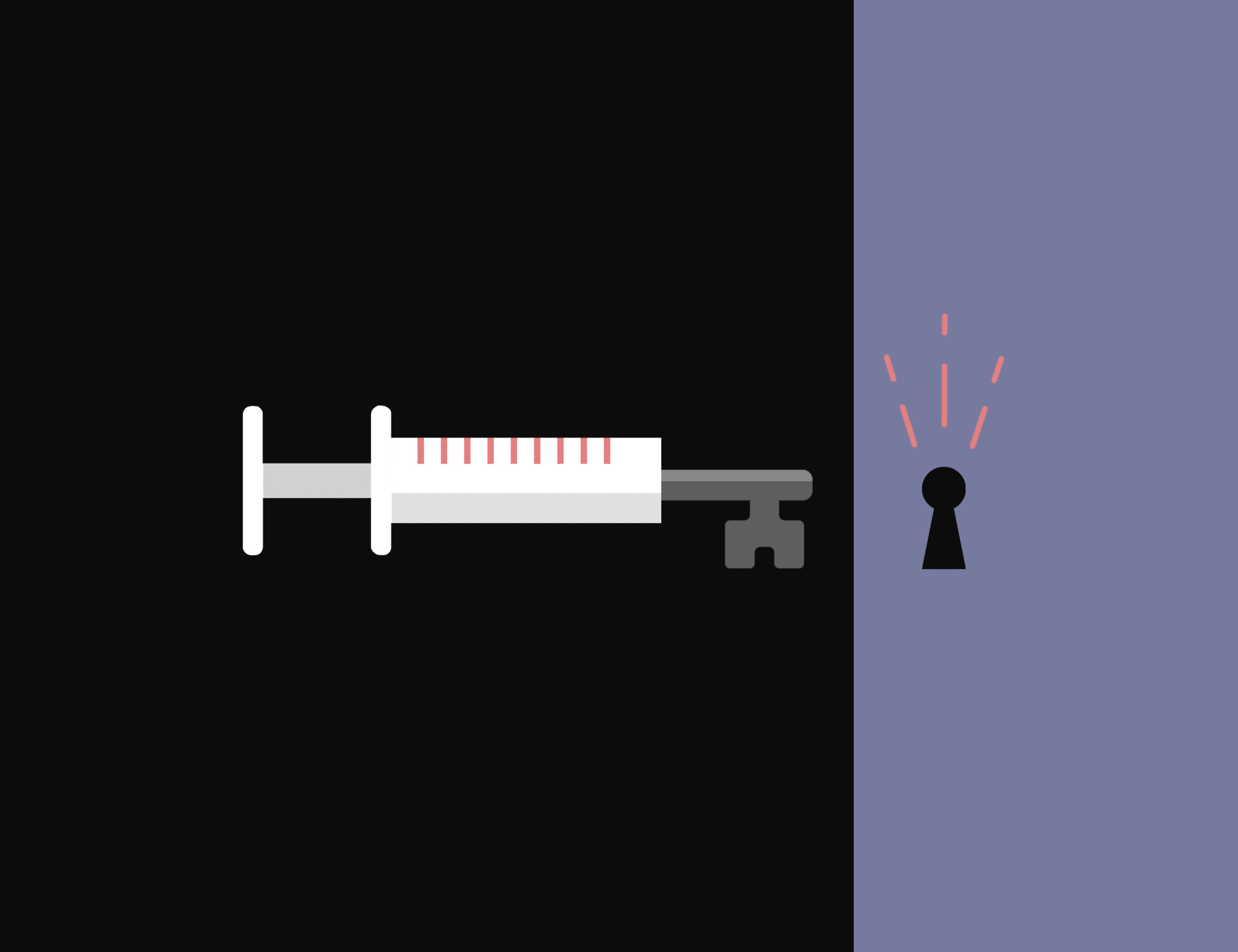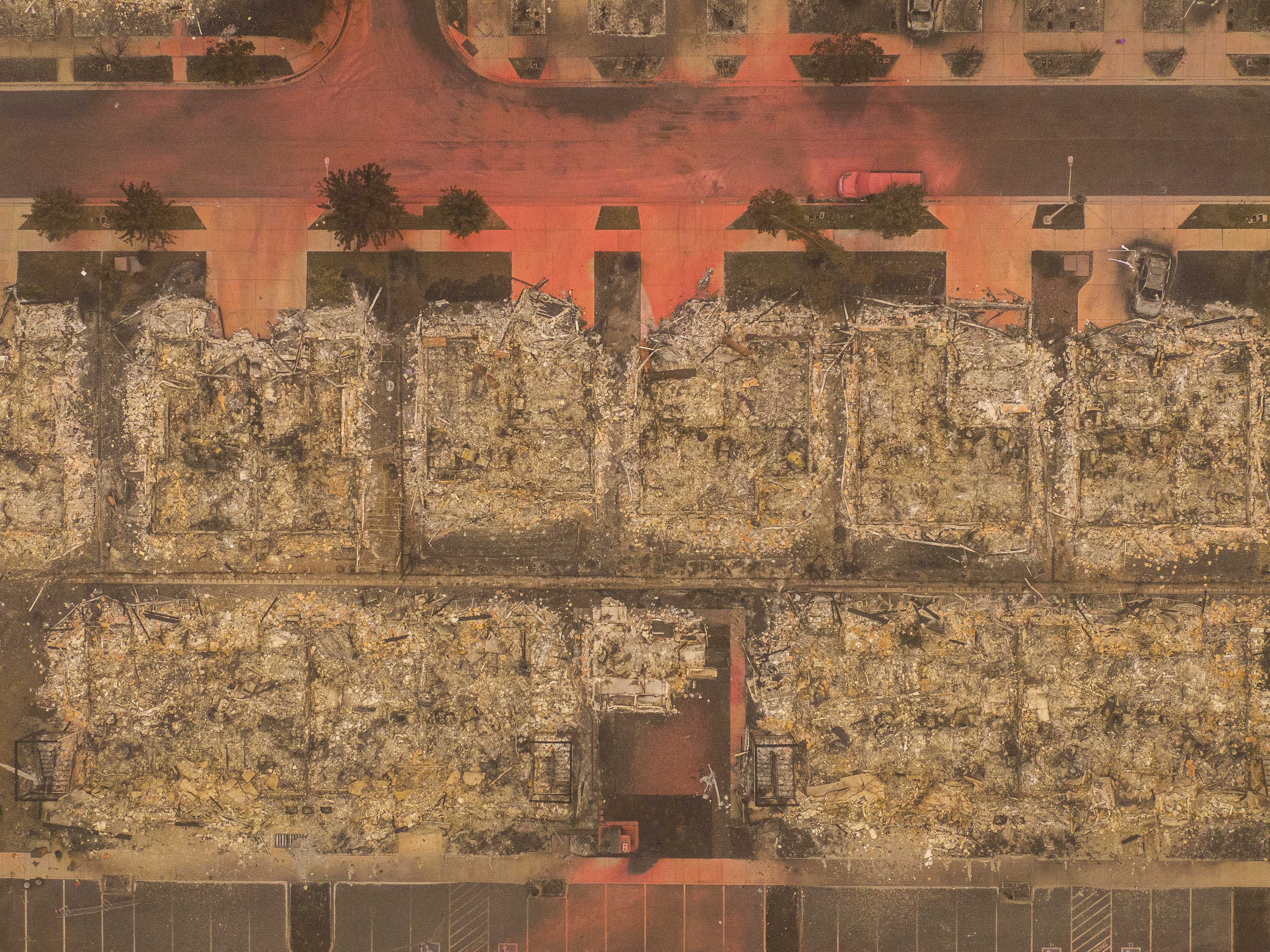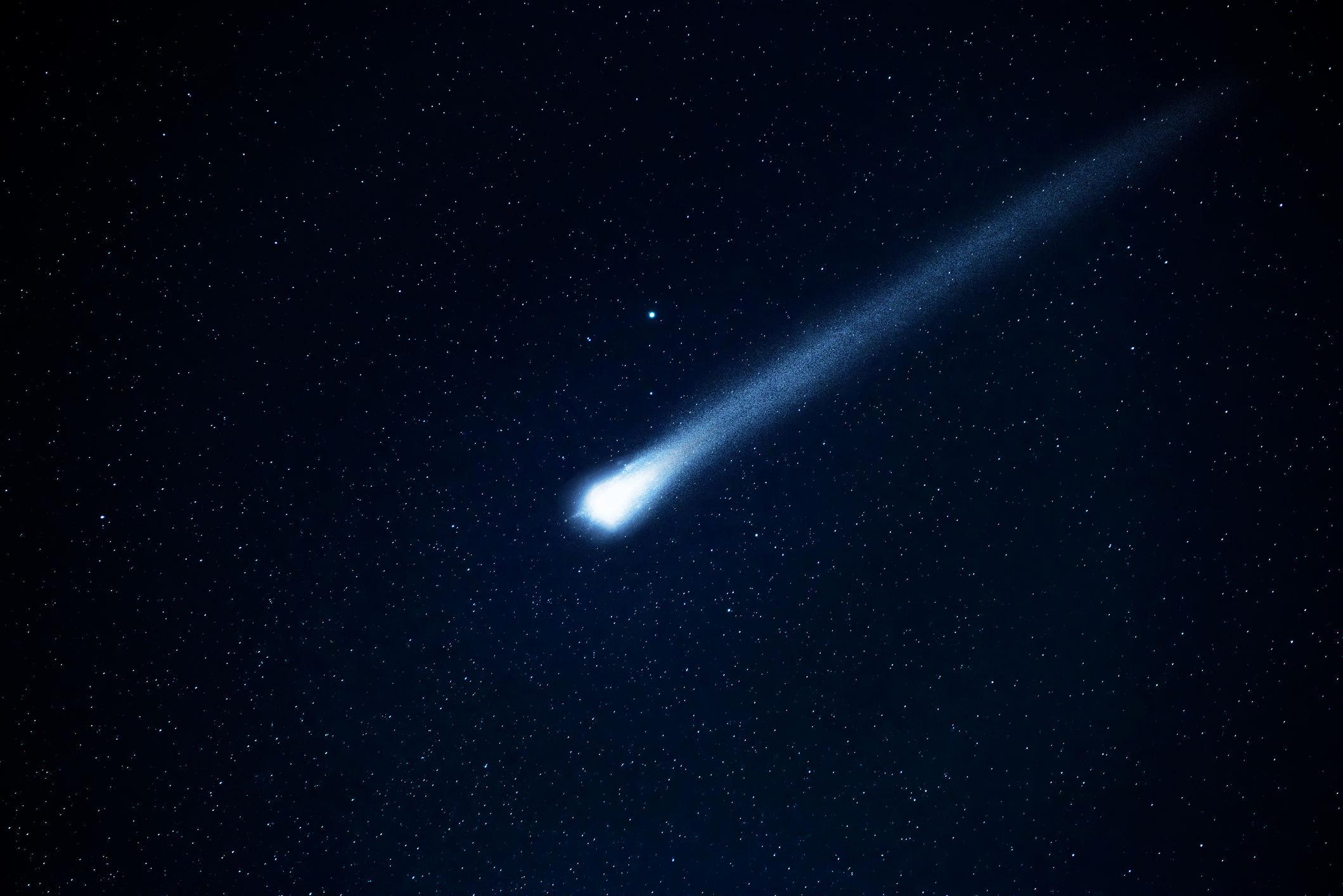Why SpaceX can weather its latest disaster
The sad fact of spaceflight is that everyone's rockets occasionally explode


A free daily email with the biggest news stories of the day – and the best features from TheWeek.com
You are now subscribed
Your newsletter sign-up was successful
Spaceflight is an inherently dangerous and tricky business. Unmanned payloads and satellites are basically set atop giant metal tubes filled with highly combustible chemicals and then ride controlled explosions at unbelievable speeds into space. The technological systems that make all this happen are incredibly complex, and the list of things that can go wrong is enormous. No matter how smart, disciplined, and responsible you are, a successful spaceflight from start to finish depends to some extent on luck.
On Thursday morning, SpaceX's luck ran out.
Billionaire Elon Musk's vaunted spaceflight outfit was prepping one of its Falcon 9 rockets to launch the AMOS-6 — an Israeli communications satellite — into orbit on Saturday. But on Thursday morning, the rocket exploded on the launch pad at Cape Canaveral during a routine test-firing of the engines.
The Week
Escape your echo chamber. Get the facts behind the news, plus analysis from multiple perspectives.

Sign up for The Week's Free Newsletters
From our morning news briefing to a weekly Good News Newsletter, get the best of The Week delivered directly to your inbox.
From our morning news briefing to a weekly Good News Newsletter, get the best of The Week delivered directly to your inbox.
No one was harmed in the blast. But the AMOS-6, a satellite reportedly worth $195 million, and which Facebook was hoping to lease to beam broadband internet to parts of sub-Saharan Africa, was lost.
"In preparation for today's static fire, there was an anomaly on the pad resulting in the loss of the vehicle and its payload," SpaceX said in a statement.
It's an unfortunate turn in what was shaping up to be a sterling year for the company. Before Thursday, SpaceX had eight successful Falcon 9 launches under its belt for 2016 — breaking its own previous record for most launches in a single year — and had eight more launches scheduled before 2017. On top of that, five of those eight initial launches (plus a sixth launch in 2015) made successful use of SpaceX's new reusable booster technology, in which the first stage of the Falcon 9 flies itself back to Earth for retrieval. SpaceX even had its first launch lined up to employ of one of the previously-used boosters.
SpaceX has lost a customer's payload to an accident once before: In June of 2015, another Falcon 9 was carrying cargo to the International Space Station (ISS) for NASA when the rocket exploded a few minutes into its flight. That incident brought a six-month halt to SpaceX launches, forced an internal review and a revamp of the company's quality control procedures, and cost them hundreds of millions of dollars in revenue.
A free daily email with the biggest news stories of the day – and the best features from TheWeek.com
We can probably expect a similar reaction to this latest incident.
On the flip side, the fact that SpaceX came back from the 2015 explosion with an even bolder set of successes in the first half of 2016 is probably an indication that they'll weather this setback as well.
Ultimately, this sort of thing is part and parcel of spaceflight. The June 2015 accident was actually the third mishap NASA has experienced after it ended its own space shuttle program in 2011 and began relying heavily on private contractors for launches. An Antares rocket from Orbital Sciences, one of SpaceX's private rivals, blew up in October of 2014 while carrying cargo to the ISS, and a Russian rocket also carrying cargo to the ISS went out of control and tumbled back to Earth in mid-2015.
In fact, in contrast to SpaceX, Orbital Sciences hasn't launched a single Antares rocket since the 2014 accident — though another launch is currently scheduled for later this month.
Then there was the dramatic and tragic failure of a Virgin Galactic test flight in late 2014, when one pilot was killed and another badly injured. At one point in the late 1990s, six satellite-carrying U.S. government rocket launches ended calamitously in a period of just nine months. And of course, the histories of both U.S. and Russian space programs are littered with fatal accidents, and even more non-fatal ones.
Between both government-run and private sector space endeavors over the last few decades, the Wall Street Journal once reported, one in three launches have encountered some sort of mishap.
Now, this is not something to be frivolous about. An accident rate like this could be a real problem for Virgin Galactic in particular, since they're not just looking to build out commercial launches in general but to build a space tourism industry specifically. For that sort of businesses to be viable, space flight is going to have to become a lot safer and more reliable. But the fact remains that space exploration is still a frontier project, with all the adventure and danger that entails — the sort of thing entrepreneurs, pilots, and government officials alike have to be a little crazy to want to get into in the first place.
SpaceX's customers will no doubt keep this in the back of their minds as the company recovers from this latest bit of bad fortune. And the company has other advantages: SpaceX's general cost per launch is $60 million, which is already unusually cheap for the industry. That can be spun two ways: Either it's a sign of SpaceX's superior business model delivering value, or it's a result of cost-cutting that can end in disaster.
Given the huge amounts of money at stake in any given launch in the commercial satellite industry, customers place a high premium on both reliability and cheap launches. For the moment, and in the historical context of spaceflight, Thursday's explosion probably won't tarnish SpaceX on the reliability front enough to overcome its advantages on the efficiency front.
On top of that, if SpaceX can successfully demonstrate a run of reusable Falcon 9 boosters used multiple times over for various launches, it could drastically cut its $60 million price tag, massively increasing its competitive edge — and its customers' willingness to bet on it.
The big unknown here is what, if anything, investigations into Thursday's explosion uncover. If it's ultimately chalked up to bad luck, SpaceX will almost certainly be fine. But if some structural flaw is found in the way SpaceX goes about constructing, testing, and deploying its rockets, that could tarnish its reputation enough to overshadow its cost-competitive edge. And in the meantime, Blue Origin, yet another private competitor, is nipping at SpaceX's heels on the reusable rockets front.
But no matter what, corporations and governments are still going to want to launch their satellites and probes and other gizmos into space. So far, there's no reason to think SpaceX won't remain the most exciting game in town.
Jeff Spross was the economics and business correspondent at TheWeek.com. He was previously a reporter at ThinkProgress.
-
 Sepsis ‘breakthrough’: the world’s first targeted treatment?
Sepsis ‘breakthrough’: the world’s first targeted treatment?The Explainer New drug could reverse effects of sepsis, rather than trying to treat infection with antibiotics
-
 James Van Der Beek obituary: fresh-faced Dawson’s Creek star
James Van Der Beek obituary: fresh-faced Dawson’s Creek starIn The Spotlight Van Der Beek fronted one of the most successful teen dramas of the 90s – but his Dawson fame proved a double-edged sword
-
 Is Andrew’s arrest the end for the monarchy?
Is Andrew’s arrest the end for the monarchy?Today's Big Question The King has distanced the Royal Family from his disgraced brother but a ‘fit of revolutionary disgust’ could still wipe them out
-
 Are zoos ethical?
Are zoos ethical?The Explainer Examining the pros and cons of supporting these controversial institutions
-
 Will COVID-19 wind up saving lives?
Will COVID-19 wind up saving lives?The Explainer By spurring vaccine development, the pandemic is one crisis that hasn’t gone to waste
-
 Coronavirus vaccine guide: Everything you need to know so far
Coronavirus vaccine guide: Everything you need to know so farThe Explainer Effectiveness, doses, variants, and methods — explained
-
 The climate refugees are here. They're Americans.
The climate refugees are here. They're Americans.The Explainer Wildfires are forcing people from their homes in droves. Where will they go now?
-
 Coronavirus' looming psychological crisis
Coronavirus' looming psychological crisisThe Explainer On the coming epidemic of despair
-
 The growing crisis in cosmology
The growing crisis in cosmologyThe Explainer Unexplained discrepancies are appearing in measurements of how rapidly the universe is expanding
-
 What if the car of the future isn't a car at all?
What if the car of the future isn't a car at all?The Explainer The many problems with GM's Cruise autonomous vehicle announcement
-
 The threat of killer asteroids
The threat of killer asteroidsThe Explainer Everything you need to know about asteroids hitting Earth and wiping out humanity
